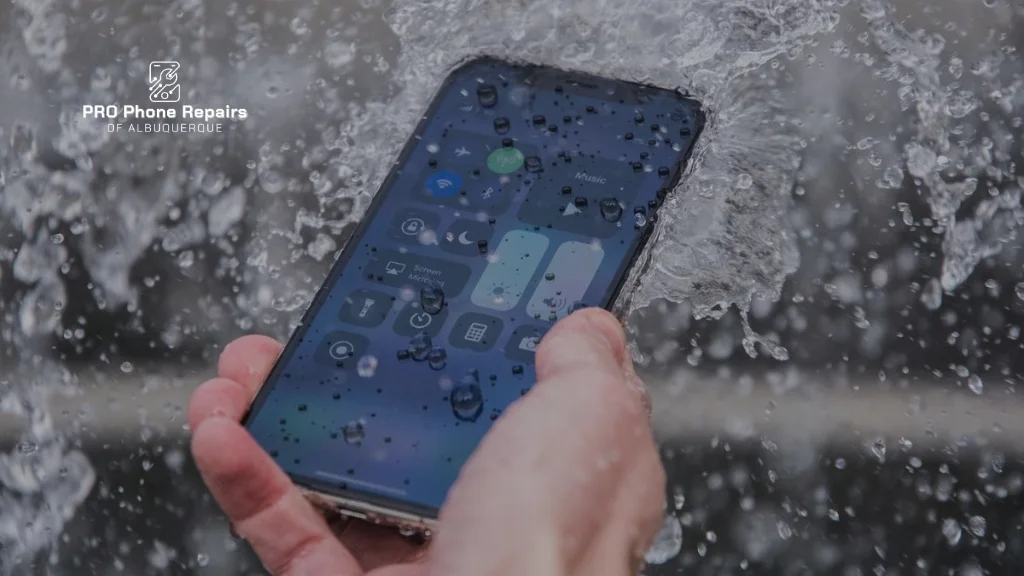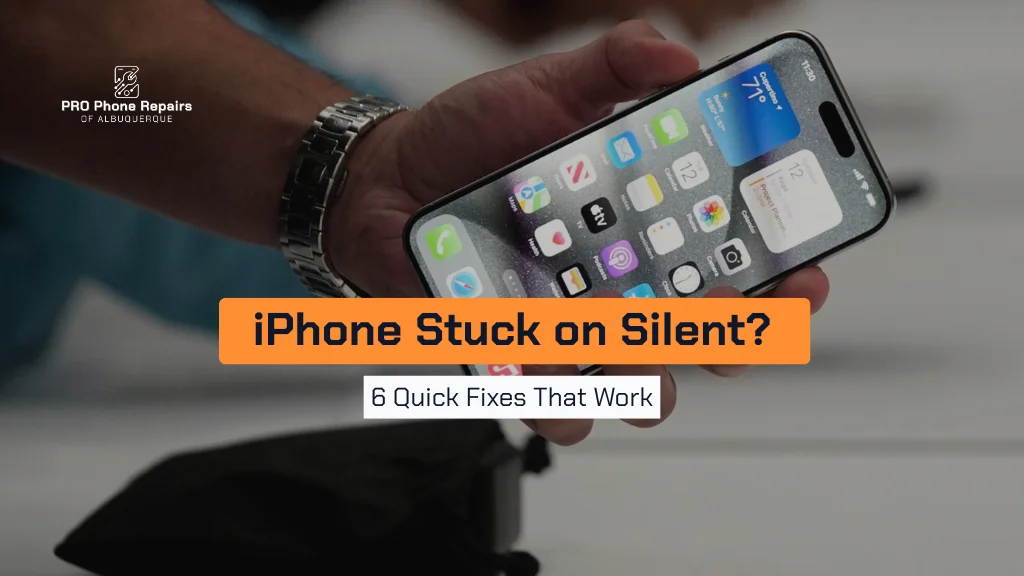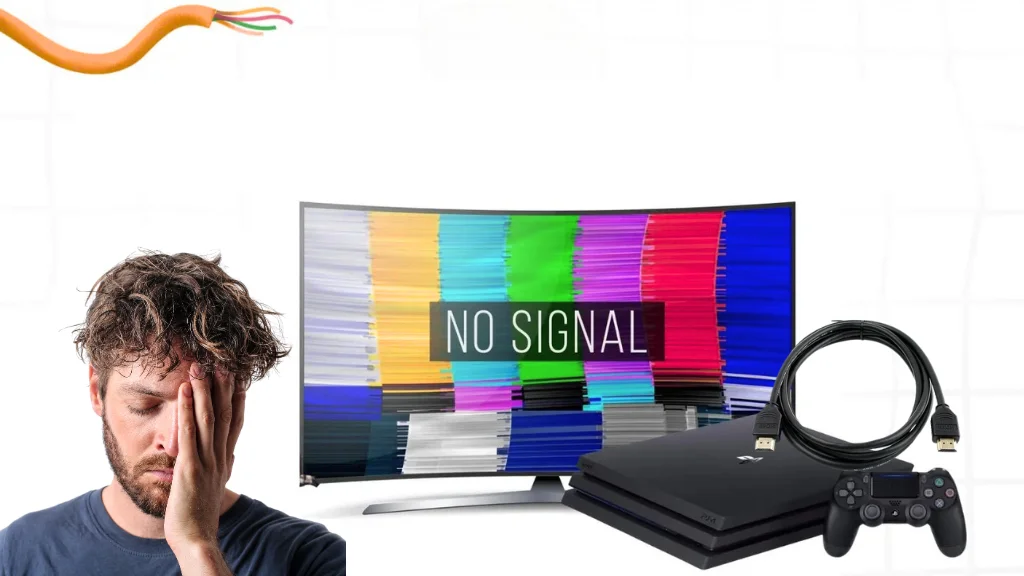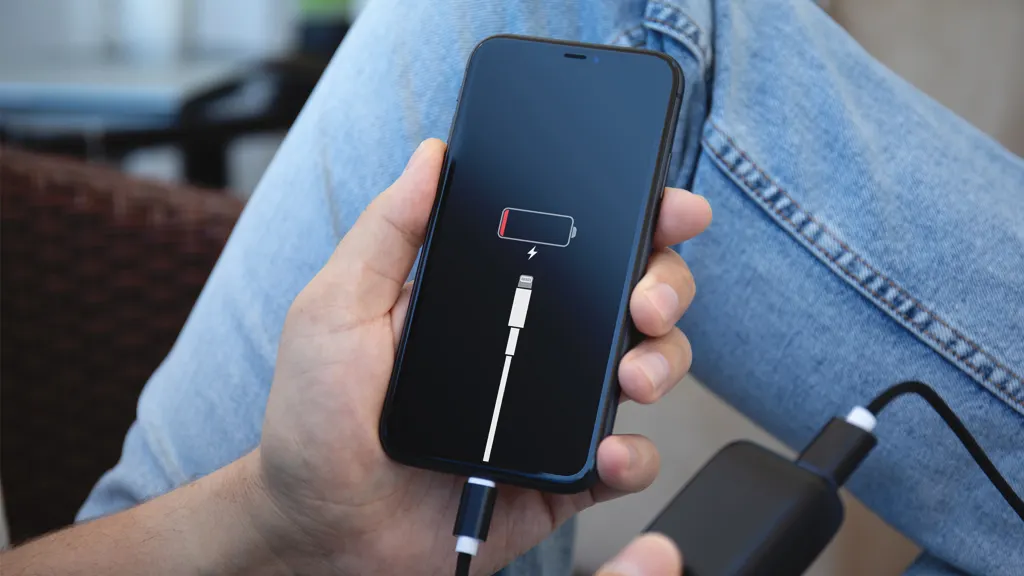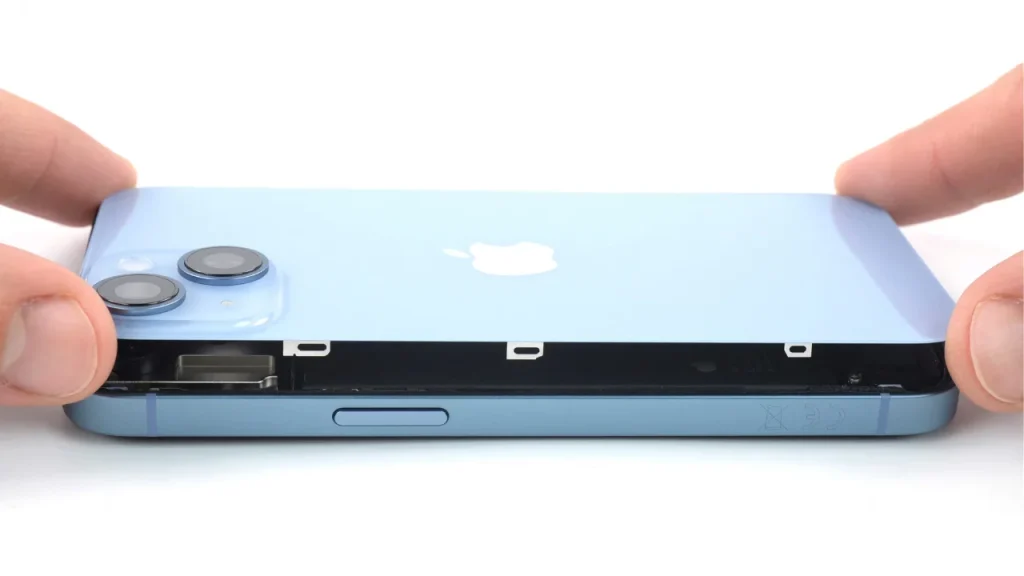In today’s world, cell phones have become an essential part of our daily lives, serving as our primary means of communication, productivity, entertainment, and more. However, these devices are not immune to accidents and issues that may require repairs. When faced with a malfunctioning or damaged cell phone, you have two primary options: attempting a do-it-yourself (DIY) repair or seeking the services of a professional technician. Each approach comes with its own set of advantages and disadvantages. In this article, we’ll explore the pros and cons of both DIY and professional cell phone repairs to help you make an informed decision when the need arises.
DIY Cell Phone Repairs: Pros and Cons
Pros of DIY Cell Phone Repairs:
- Cost Savings: One of the most significant advantages of DIY repairs is cost savings. Many minor issues, such as replacing a cracked screen or a malfunctioning battery, can be fixed inexpensively with the right tools and replacement parts.
- Convenience: DIY repairs can be done at your own pace and schedule. You don’t need to wait for an appointment or rely on a technician’s availability.
- Skill Development: Attempting DIY repairs can be an opportunity to learn new skills and gain a better understanding of how your cell phone works. This knowledge can be valuable for future troubleshooting.
- Control: You have full control over the repair process, allowing you to choose replacement parts and follow specific repair guides or videos that match your device’s model.
Cons of DIY Cell Phone Repairs:
- Risk of Damage: DIY repairs carry a significant risk of causing further damage to your cell phone. If you lack experience or make a mistake, you could end up with a non-functional device.
- Voided Warranty: Attempting DIY repairs may void your phone’s warranty. If your phone is still under warranty, it’s essential to consider this before opening the device.
- Limited Expertise: DIY enthusiasts may not have access to the specialized tools and equipment that professional technicians use. This can limit your ability to diagnose and fix certain issues accurately.
- Time-Consuming: Smartphone repairs can be time-consuming, especially if you’re not familiar with the process. It may take longer to complete the repair than it would for a professional technician.
Professional Cell Phone Repairs: Pros and Cons
Pros of Professional Cell Phone Repairs:
- Expertise and Experience: Professional technicians have the knowledge, skills, and experience to diagnose and repair a wide range of cell phone issues. They can quickly and accurately identify the root cause of the problem.
- Quality Assurance: Professional repairs often come with warranties or guarantees. If the issue persists after the repair, you can usually return for additional service at no extra cost.
- Access to Genuine Parts: Many professional repair shops have access to genuine, manufacturer-approved replacement parts, ensuring the quality and compatibility of the components used in the repair.
- Time Efficiency: Professional technicians are trained to work efficiently, minimizing downtime for your device. You can typically expect a quicker turnaround compared to a DIY repair.
Cons of Professional Cell Phone Repairs:
- Cost: Professional repairs can be more expensive than DIY repairs, especially for minor issues that may be relatively simple to fix on your own.
- Limited Control: When you opt for professional repairs, you have less control over the process. You may not have a say in the choice of replacement parts or specific repair techniques used.
- Scheduling and Wait Times: Depending on the repair shop’s workload and availability, you may need to schedule an appointment and wait for your turn, which can be inconvenient.
- Privacy Concerns: When you hand over your phone for repair, there is a potential risk of your data and personal information being accessed or compromised, although reputable repair shops take data privacy seriously.
When to Consider DIY Repairs
- Minor Cosmetic Damage: If your cell phone has minor cosmetic issues like a scratched screen protector or a chipped case, DIY repairs can be a cost-effective solution.
- Battery Replacement: Replacing a worn-out or malfunctioning battery is a common DIY repair. Many smartphone models have user-replaceable batteries with minimal risk.
- Screen Protector Installation: Applying a screen protector is a simple and effective DIY task that can prevent screen damage.
- Basic Troubleshooting: Before seeking professional help, consider basic troubleshooting steps like restarting your device, clearing cache, or uninstalling problematic apps, which you can do on your own.
When to Seek Professional Repairs
- Complex Issues: If your cell phone experiences complex or multifaceted issues, such as hardware failures, water damage, or motherboard problems, it’s best to consult a professional technician.
- Warranty Coverage: If your phone is under warranty, it’s advisable to choose professional repairs to avoid voiding the warranty. Manufacturers often provide authorized repair centers that can service your device while preserving the warranty.
- Lack of Experience: If you lack experience with cell phone repairs or if you’re uncertain about the cause of the issue, professional technicians can accurately diagnose and fix the problem.
- Valuable Data: If your cell phone contains critical data or irreplaceable information, professional repair shops are often equipped to safeguard your data during the repair process.
Tips for Successful DIY Repairs
If you decide to go the DIY route, here are some tips to increase your chances of a successful repair:
- Research and Gather Tools: Before starting any repair, thoroughly research your device and the specific issue you’re addressing. Make sure you have the necessary tools and replacement parts.
- Follow Guides and Tutorials: Use reputable repair guides or video tutorials specific to your device model. Follow the instructions carefully and step by step.
- Work in a Clean Environment: Choose a clean, well-lit workspace with ample room to lay out your tools and components. Keep the area free of dust and debris.
- Take Your Time: Rushing through a repair can lead to mistakes. Take your time, be patient, and stay organized throughout the process.
- Backup Data: If possible, back up your data before attempting a repair. This ensures you won’t lose valuable information in case something goes wrong.
Conclusion
The decision between DIY and professional cell phone repairs ultimately depends on the nature of the issue, your level of experience, and your comfort with taking on the repair yourself. While DIY repairs can be cost-effective and educational, they also come with risks and limitations.
For more complex problems, warranty concerns, or data safety, it’s often wise to rely on local phone repair specialists who bring expertise, proper tools, and reliable service to the table. Consider your specific circumstances, the urgency of the repair, and the value of your device before making your choice.


